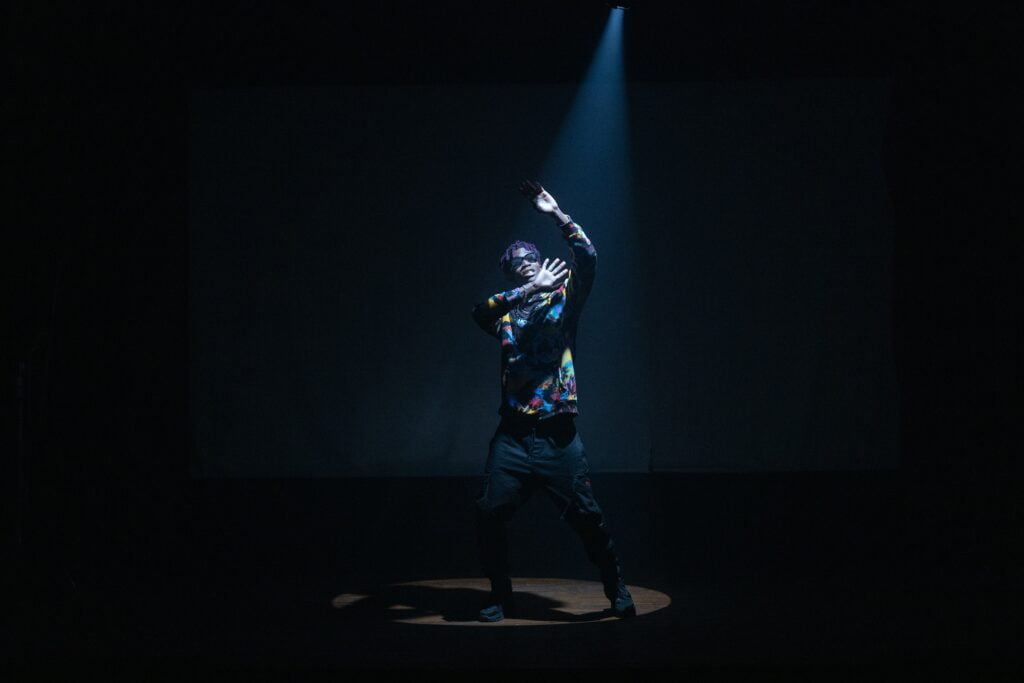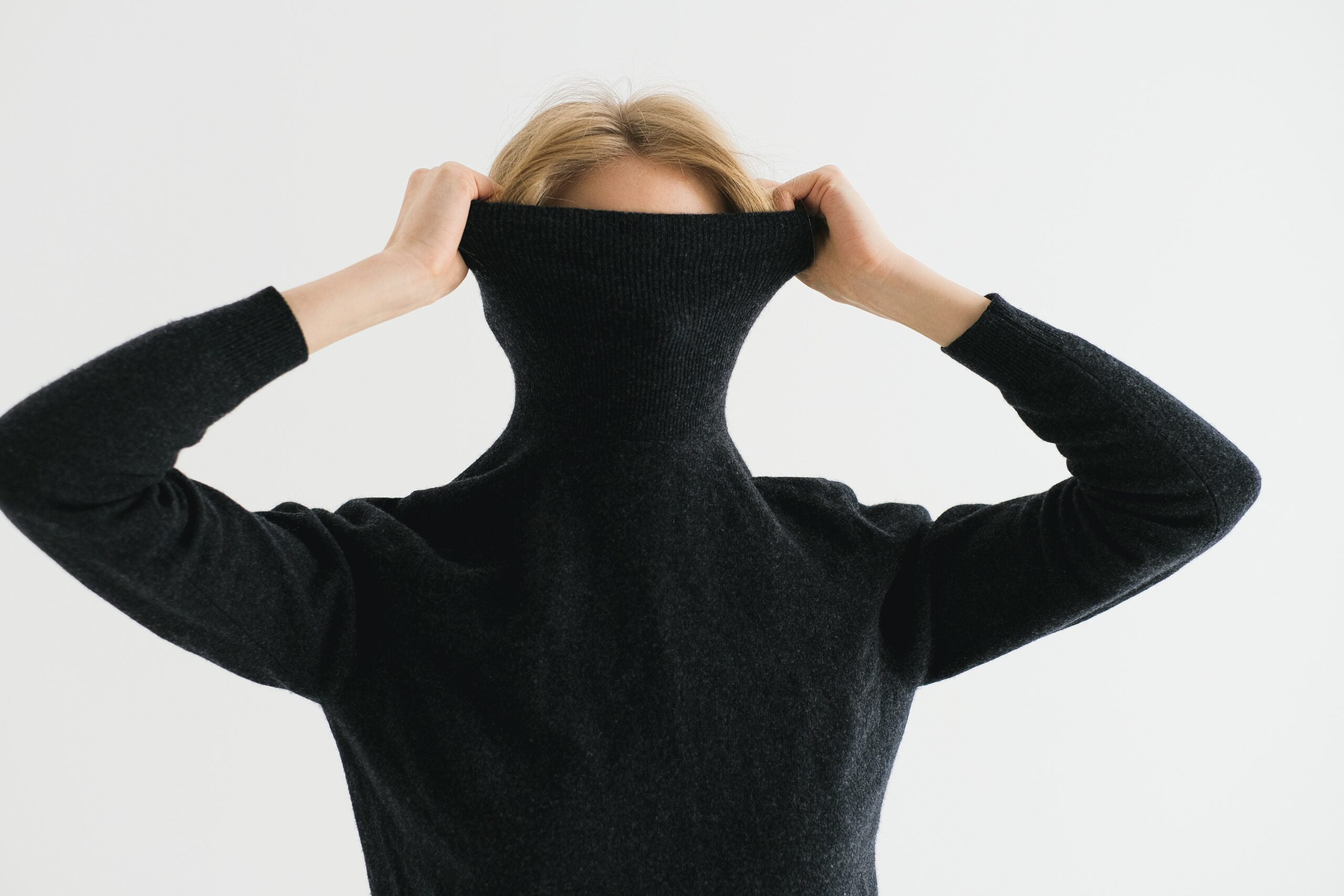Feelings I dislike:
That stomach-twisting feeling as another joke fails to land with a new acquaintance and you start to (oh no) try to explain it.
Those tingles up your spine as you turn to face the coworker you were just grumbling about.
That moment, after stumbling over your introduction, when your body deems you eligible for bonus saliva and hand sweat. Yay. Why is that even a thing?
But even if we dislike the feelings, and occasional dampness, awkwardness evokes, it is a pretty cool system feature to have. Practically a superpower.
Let’s start with…
What is awkwardness?
We humans are social beings, and our socializations are based on expectations. Any given situation will have a set of them. Walking by someone on the street? Expectations. Interacting with the cheese slicer guy at the supermarket? Expectations. Meeting your future in-laws? Hoo boy, expectations.
Awkwardness is our internal warning system for when those expectations are not being followed. An uncomfortable awareness. It’s the equivalent of the clenched “I’m about to stub my toe, aren’t I?” feeling when walking in the dark.
But who sets those expectations?
Society, partially, but it’s also based on our personality and social experiences. Not everyone considers the same things to be awkward, and everyone experiences the feeling in different intensities.
When you do feel awkward, it can be a strong sensation, but the other person probably doesn’t even notice it. A psychological phenomenon called the Spotlight Effect describes how we tend to go through life feeling like there is a spotlight on us, making us extremely visible and noticeable to everyone else. But everyone walks around like that. Studies have proven that we are super sensitive to our own mistakes and very bad at spotting them in others.

So, when we think we did something awkward, that feeling is amplified inside our own mind but not necessarily in the social space. When you do feel awkward, it is your social awareness telling you…
Don’t ignore it!
There was a study about awkwardness done in 2012 by psychologist Joshua Clegg that defined two ways in which people reacted to awkward situations. When an awkward situation happens, we either avoid it or address it.
The study showed that avoiding awkwardness only extends it. Awkwardness is a call to action. A Spider-Man kind of sixth sense. Your mind is yelling, “There may be a misunderstanding! Do something!”
And the science supports it. It’s apparently much better for all parties when the awkwardness is addressed. Speaking up about awkwardness resets everyone’s expectations for the social encounter and restores the neutral comfort of being on the same page.
Choose kindness for yourself when you feel awkward and say what you’re feeling. Doing so opens you up to empathy and understanding. After all…
Everyone Feels Awkward
Syndrome, the villain from Disney’s movie The Incredibles, said it so well that it’s still a relevant meme today (Alert! Spoilers for a 2004 classic ahead): “When everyone’s super – no one will be.” Well, guess what, everyone feels awkward – so no one should. Feel awkward about feeling awkward, that is. It’s a universal experience that ties us all together as humans.
That person you are getting coffee with? They’ve felt awkward before. They might be feeling it right now alongside you. If not, great. But if so – good! It is an immediate common ground you both can use to relate and connect. Acknowledge the situation or the specific goof that’s caused the tension and see how quick they are to join you. Maybe something to the sound of:
“Do you also do the thing where you swear to remember someone’s name but have your mind completely blank on it five minutes later?” “Thanks for putting up with my stumbling. My mind runs laps around my mouth when I’m excited.” “I’ll be honest, I’m fidgeting so much right now because I have no idea where my hands should go.”
It sounds personable, it sounds genuine, and it might even make someone laugh.
Because…
Awkwardness is just Pre-Humor
Have you ever written a joke? Send it to us if you have. We would love to read it! Most of us, however, have probably not.
If you have not thought about what makes for a good joke, try to notice the setups next time you’re laughing yourself silly in a movie theater or comedy show. Those who have given comedy a go know that the best jokes are built around tension and release. A situation will build up with anticipation or stress, and the punchline will tear through it all for instant delight.

So, next time you are with someone and you feel awkward, know that you are in a potential comedic moment that most people would have to script. And it doesn’t take much to take advantage of.
Acknowledge the situation, which breaks the tension, and then put your own spin on it for some friendly fun.
“You’re also parked in this direction? This is like a post-credits scene. What devastating piece of information are you going to drop at the end?”
“We’ve met before? I am so sorry; my brain tends to file names and faces in the back cabinet and then kick it out the ear every night.”
“Yes, that sound was my stomach. Some people listen to their gut instinct, but I guess mine just fully talks.”
You’ll see that people are quick to laugh in an awkward situation. We’re programmed that way. And since laughter brings people closer and releases stress, you’re practically doing community service.
In Conclusion
Remind yourself: the perfect human would feel awkward. It’s a sixth sense that outlines our social expectations and boundaries, gives us a sign for when we should act to restore normality, grants us a worldwide common ground with others, and sets us up for some great laughs. It’s practically a superpower, though Syndrome would probably argue against it.
RELATED:
Charisma, Self-improvement, Social anxiety

